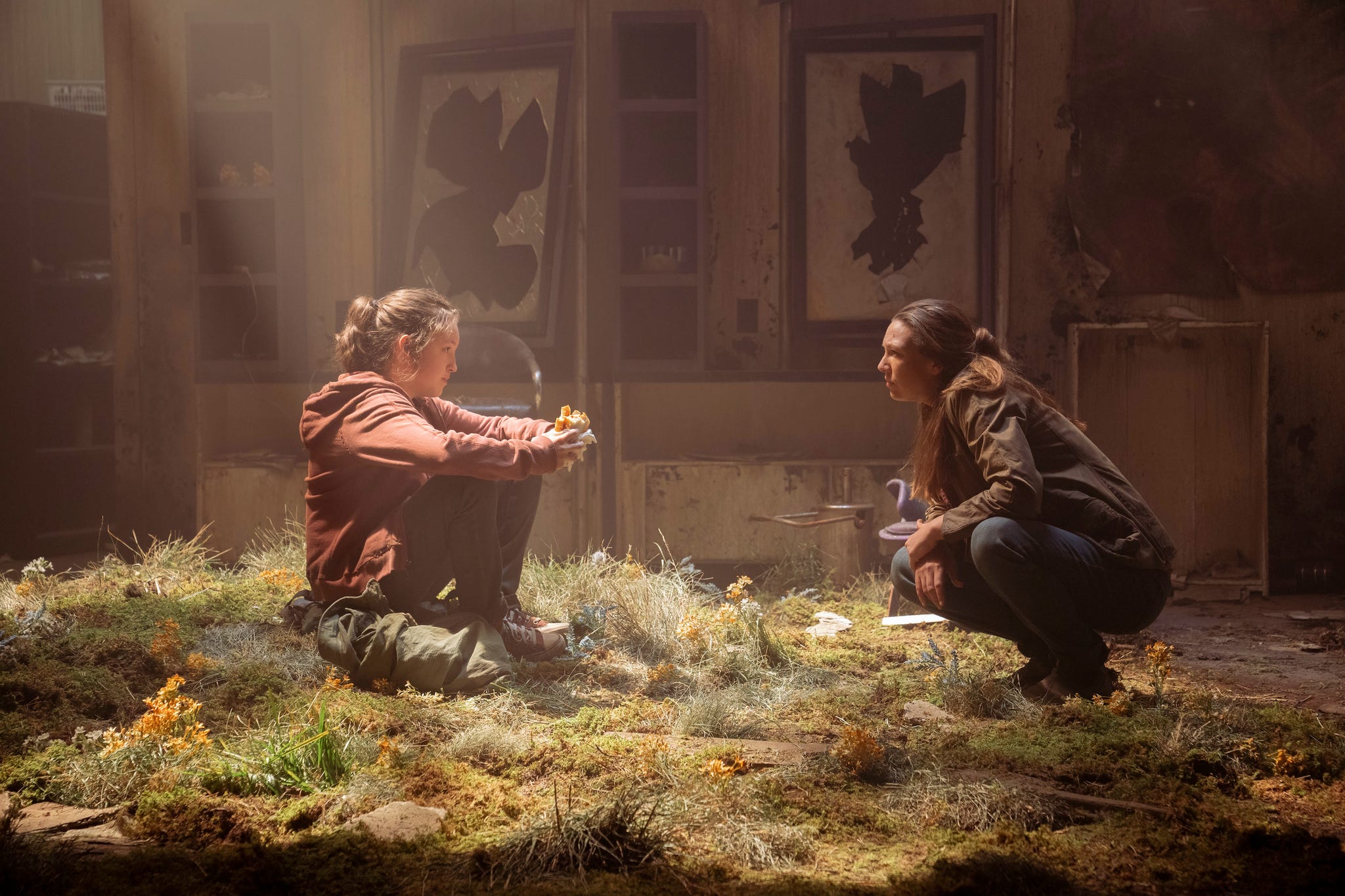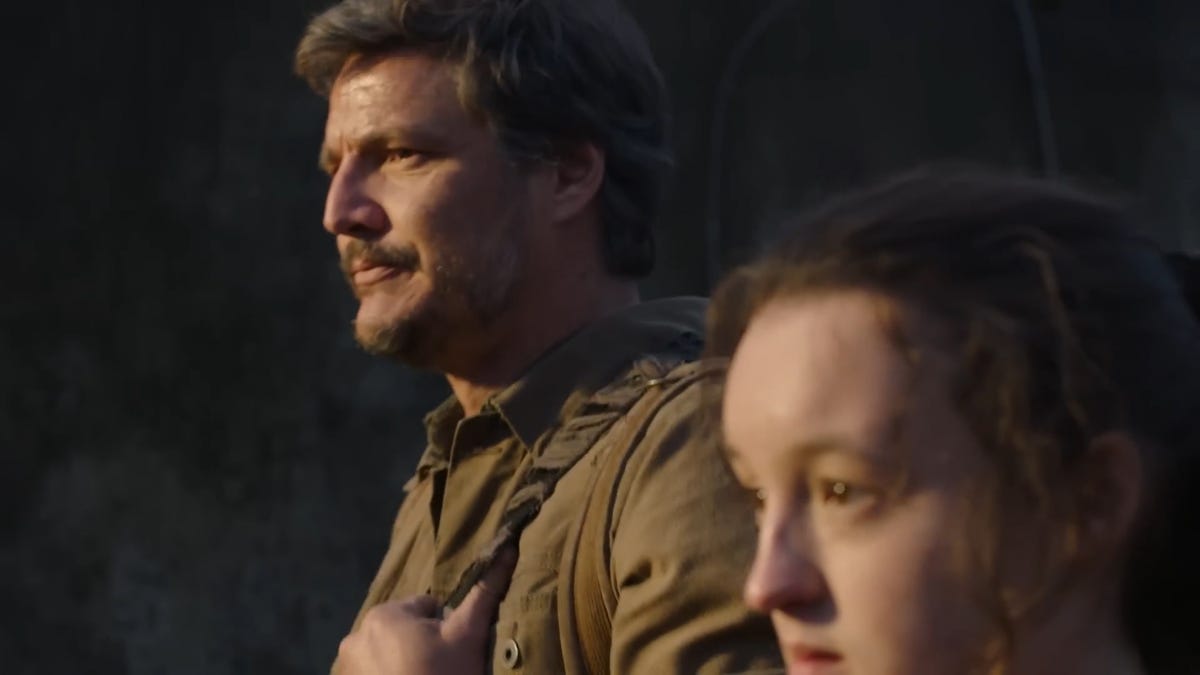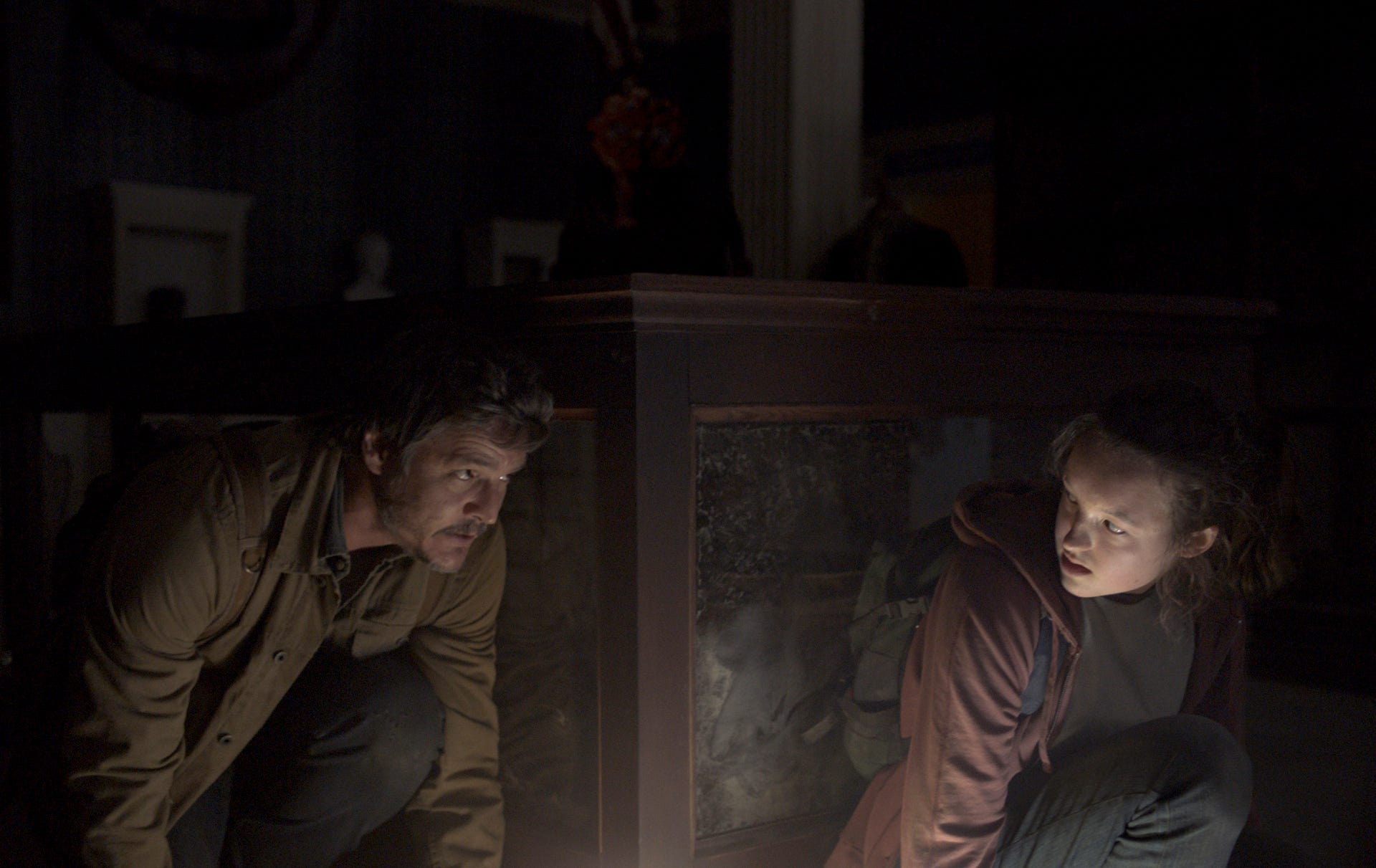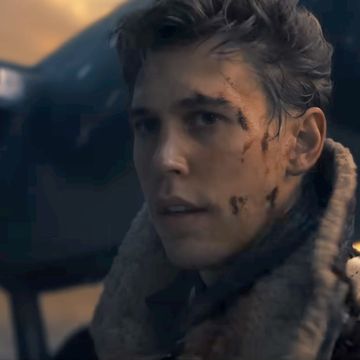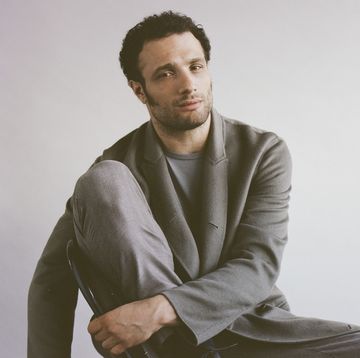You may have noticed that it is trendy to blame personal issues on your brother, and I would like to add a grievance to the pile: a total disinterest in videogames. Growing up with an older sibling meant more time watching an Italian plumber rescue a blonde princess, or an elf-human traipse through a magical kingdom, or James Bond take down a Russian, rather than living out whatever teenage fantasy Nintendo had made possible that month. Older brothers get the controller; younger brothers watch over shoulders. It’s a small grievance, not worthy of a memoir. And so far, having zero interest in videogames, and less-than-zero in their patchy adaptations, has not impacted my cultural life. It is possible, advisable even, to enjoy the visual arts without watching Sonic the Hedgehog.
HBO’s latest venture, The Last of Us, makes that a little harder. The nine-part series is based on the eponymous 2013 videogame, frequently heralded as the video game with the best storyline ever (the bar for such stuff, I expect, is somewhere three floors below the basement). But there are big names, and even bigger budgets, and so attention must be paid. In the show, it is 2023, and the world has changed. A mutation of the Cordyceps fungus has found a way to live inside humans, turning much of the population into zombie-like beings. Pedro Pascal plays Joel, a rough-around-the-edges and deeply dependable father from Texas, now living in militia-operated Boston. He has been tasked with transporting wisecracking teenager Ellie (played by Game of Thrones alum Bella Ramsey) to a camp of doctors somewhere beyond their quarantine zone.
What makes this 14-year-old so special? Ellie appears to be immune to the world-ravaging virus. That makes her humanity’s last hope, and Joel the world’s most important courier.
Despite promising credentials (along with the game’s creator Neil Druckmann, the show has been co-written by Chernobyl’s Craig Mazin), The Last of Us cannot outrun its origins. As the camera follows Pascal and Ramsey on their adventures through dishevelled cityscapes, I frequently imagined that they were being controlled by a joystick. The show’s internal dynamics often feel like gameplay rather than plot. This pathway is blocked? Better go through the museum. Abandoned service station? You should check for inventory. Much of the dialogue reads like a game cut-scene. Perhaps this works in a videogame, maybe it even feels fresh. It does not make for consistently compelling television.
And so, the show plays out with creeping familiarity, alternating between road trip movie, shoot-‘em-up, and man-on-a-mission action thriller. Reviewers are not supposed to give away spoilers, but it would not be hard to guess who dies, when they die, or even, at a push, their parting words. The debut episode, somehow 80 minutes long, is particularly cliché-ridden, as it works through the breakout day of 2003 and the ensuing, explosive meltdown. Cities are bombed, the army is despatched, and still our hero perseveres (it’s the end of the world, what else is there to do?).
Fitfully, the show remembers that videogame adaptations are bad, and swerves into different genres, introducing new faces along the way (often building on characters from the game). The relationship between post-pandemic survivalist Bill (Nick Offerman, superb) and Frank (Murray Bartlett) takes centre-stage in the third episode, a welcome respite from the surrounding doom and gloom. Its message? We are not like the other videogame adaptations. And though The Last of Us never spends too long outside of Joel and Ellie’s quest, the show’s flirtation with genre is one of its more electrifying qualities.
Its greatest asset, however, is Pascal and Ramsey’s chemistry, which provides the show with both levity and warmth, and more importantly, a point. As Joel softens, and Ellie matures, as jokes are shared, and trauma unburdened, The Last of Us tells us again and again: we need each other to survive. Ramsey’s surprise at the mundanities of the outside world – seatbelts in cars, arcade games – is particularly good.
There’s also some striking scenery along the way. The series’ first scene – in which two scientists discuss the biggest threat to humanity on the set of a 1960s talk show – is a memorable, unexpected opening. The show’s universe, dilapidated streets of Boston, overgrown interstate roads, has been given a pleasing apocalyptic treatment, and it’s hard to fault the production design. Restaurant tables, set for service, now feature mossy wineglasses. Planes, crashed into fields, are eerily well-preserved.
The virus itself, and how it mutates human bodies, is memorably visceral. Once infected, the fungi starts to grow internally, meaning fauna shoots out of throats, providing a jolt of throat-clutching horror. Networks of fungi, which connects hordes of the infected, means you have to watch where you step. All that, and Pascal’s sweet hunkiness, and Ramsay’s flashes of brilliance, keep you going.
Is that enough? Probably. With its built-in fanbase, this adaptation has a fail-proof route to success. The prestige finishings simply reassure non-fans that it’s okay to like a show based on a PlayStation franchise. So The Last of Us puts to bed the question of whether it’s possible to create a good video game adaptation. But its qualified success leaves you with another sentiment entirely: just because you can, doesn’t mean you should.
‘The Last of Us’ airs weekly on Sky Atlantic from 16 January
Henry Wong is a senior culture writer at Esquire, working across digital and print. He covers film, television, books, and art for the magazine, and also writes profiles.
